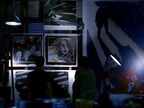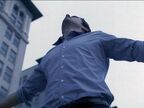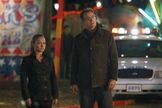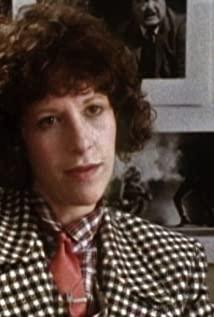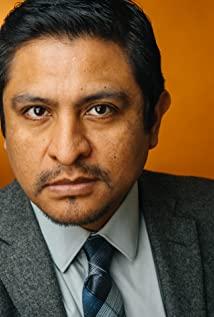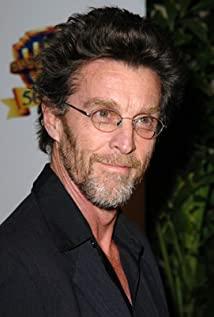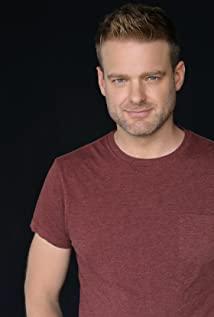Several classmates recommended this drama to me last semester. If you only listen to the background of the story, it may turn off a large number of people: the world is about to end (in fact, only New York was bombed. But it does not prevent the phrase "save the world!" from appearing throughout), some ordinary people began to have different , then started trying to save the world, and in the end...the world was saved.
This is similar to the X-Men, and the setting of the American "Xia" culture seems to be no longer cliché. But it does not prevent the popularity of heroes, which shows that this story has its otherworldliness. Judging from the title of the episode, this is a story about a hero. Its charm lies in the construction of many strangers into a network, and each person's respective stories are connected by various opportunities, and finally justify themselves. When I watched the first 6-7 episodes, I fell in love with the screenwriter.
My favorite is Hiro Tanaka, a tens-year-old office worker. At such a young age, he still likes to read comics and has a naive heroic dream. Also very cute. That cheerleader, Claire, was so cute, I drooled when she came on stage. It seems that a good actor is the soul of a soap opera. That peter is also very fruitful. It can be said that his setting is most in line with the theme of the show - everyone has the instinct to be a hero.
Since the beginning of literature, "destiny" has been a topic that literary and young people are struggling to explore. The question of fate becomes particularly delicate after the time and space travel is introduced. "The most painful thing in life is to put your destiny in front of you and tell you that you can't change anything." The characters in the play are usually miserable before they get superpowers. Such as peter, such as sayer, such as the police and the Nike family. These people have said more than once that they want to stop being mediocre and want to become "special". Such as the orphan prodigal son in Chinese martial arts novels, the transformation of these people is easy to resonate with many mortals, that is, the so-called yy. But along the way, the writers ask another question: Fate is calling you, but accepting it is another matter. In contrast, the congressman, the Claire family, the nuclear bomber, and the painter would rather choose their original life. They were living a very happy life, but the sudden superpower made them lose a lot of things. In short, those who want to change their destiny are those who are not satisfied with their own destiny. (Except for Tanaka-kun, his enthusiasm for saving the world is purely poisoned by Japanese comics.) As the saying
goes, people are in the rivers and lakes, and they can't help themselves. It is also the so-called "the actor's body does not belong to the actor himself". In the end, whether they liked it or not, everyone came together and became heroes. Then quickly lead the story to waste.
Heroes belongs to the typical American TV series that looks good in the front and garbage in the back. The plot is also tense and enjoyable at first glance, and aftertaste is as far-fetched as being deceived (see Huanzhugege). But it doesn't prevent him from being different. At least in the first half, the entanglement of the characters' fate has explained the eternal theme of "do the walker choose the road, or the road chooses the walker" for us.
View more about Heroes reviews



